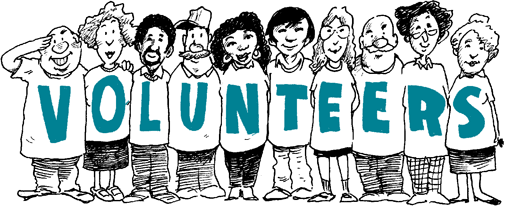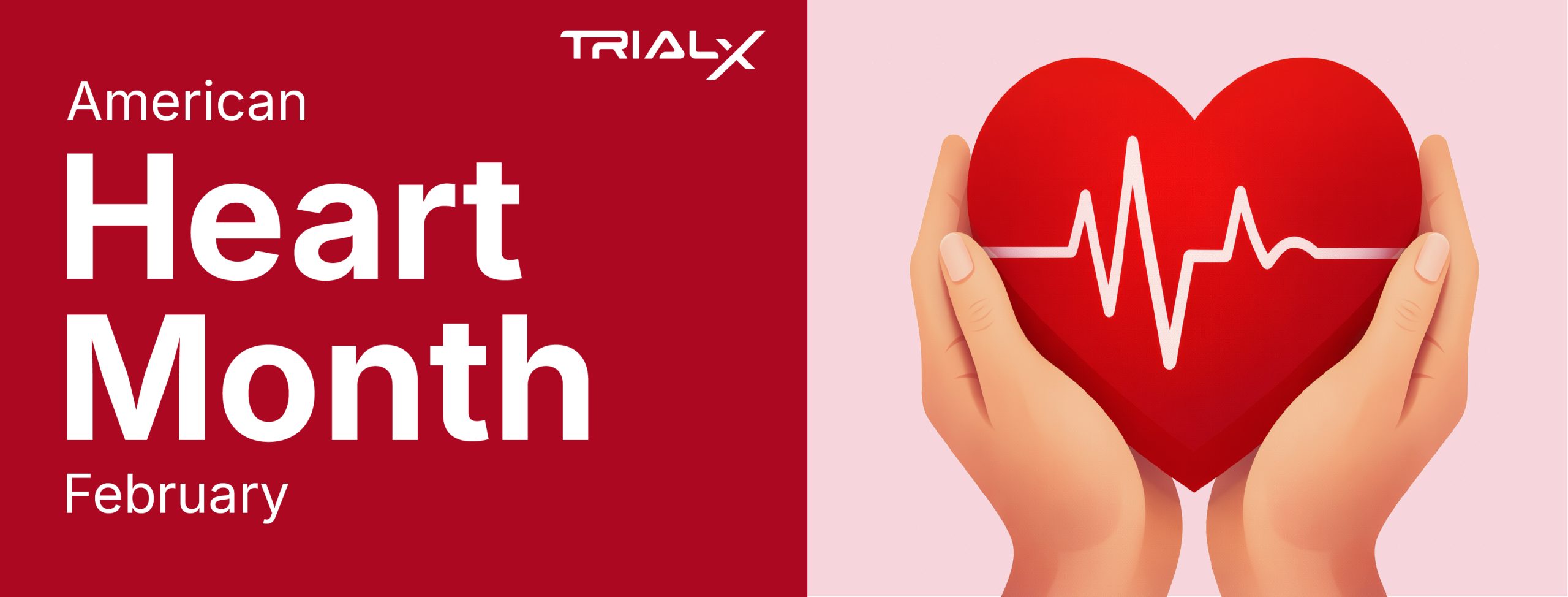“I was broke so I signed up for a Clinical Study.” – My Clinical Trial Story
According to National Institute of Health (NIH) a healthy volunteer is “someone with no known significant health problems who participates in research to test a new drug, device, or intervention”. They can also be called “Clinical Research Volunteers”. Every year about 3500 healthy volunteers participate in clinical trials conducted by NIH. Healthy volunteers help the researchers define ”normal limits” in clinical trials. Learn more about how healthy volunteers impact clinical trials here.
Amit Deol, a Business Major from San Francisco narrates his clinical trial experience below.
In June 2015, I was heavily in debt. My relationship with my father had become estranged given difficult circumstances, and I was left to pay off $5000 as well as other additional expenses off related to college within just 3 weeks. I didn’t have a job at the time, and I was completely broke without a single dollar in my account so I decided to search for odd jobs on Craigslist such as cleaning someone’s garage or anything simple. I came across an ad involving participants being sought out for a medical study being held by the University of California, San Francisco.
The medical study being held was to have any interested people visit a veteran’s hospital for pre-screening. The pre-screening consisted of an interview process, a drug/narcotics test, and approving the terms and conditions. The interview process can be a bit troubling for some people, as it involved answering questions that continued to get more personal as the conversation moved forward, and we were also being recorded alone in a room with the interviewer. I was also concerned in the beginning with regards to whether I felt it was safe to participate in a study like this since it actually put foreign chemicals in my body. I had decided to call the medical office to confirm whether this decision could have any consequences on my health, and they took the time to mention that there were absolutely no side effects. I moved forward with being a part of the study.
After the pre-screening, all approved healthy patients for the clinical trial were briefed on how much they would be paid to participate in the study, this involved having us earn a base amount of $60 per visit with the potential of making up to $130 depending on how well we scored during the various activities we did while having the chemical known as oxytocin in our system. We were advised against drinking alcohol within 24 hours prior to arriving at the facility.
Oxytocin is a chemical particularly used for helping pregnant women start their contractions and go into labor. The purpose of the study was to analyze whether the effects of oxytocin on regular individuals (asides from pregnant women or drug addicts) improved or hindered their cognitive capabilities. We were also screened for symptoms of schizophrenia. On certain days, the patients would be provided with a placebo instead of an actual dose of oxytocin so that they could draw a comparison
The dose of oxytocin (or the placebo) was provided through a nasal spray. After taking the dose, the administering doctor would then ask us to place a set of EKG electrodes on our body to monitor our heart rate, as well as other functions in our body. We would then perform a variety of tasks, such as playing simplistic computer games, and on one occasion we were all given a series of pictures of people’s faces which then involved answering what emotion we thought each person was feeling. We were often encouraged to obtain better scores than other people, and were even put in competitive game settings where we all had to compete with each other online at the same time. The individual with the highest score was oftentimes compensated more than others. There were also times when we would watch videos, and a camera set up on the computer would monitor our faces along with body language while we watched the video. Each visit was often between 3 or 4 hours starting at 11AM, and once a week for three weeks. Sometimes, I found this schedule to be concerning, given that we had to basically skip lunch on the days we were participating. We never met any of the other participants in the study, so we couldn’t really work together to address this concern.
At the end of the trial, the doctor would give us cash as compensation. Apart from the first time I arrived at the facility, I always ended up with just the base $60 and nothing more. The trial site wasn’t really close to anything important such as the trains or restaurants, it was on top of a hill with nothing but housing surrounding it so it was a major inconvenience to go there and head back afterwards. Overall, the experience felt pretty underwhelming as it took up a lot of my time for minimal reward, however I was in dire need for money so I could afford meals and pay off debt so I didn’t really have a choice.
For any individual who is unemployed or needs the extra bucks really quickly, it is definitely a good choice to participate in the clinical trials as a healthy patient considering most of these studies are carefully analyzed to reduce any possible long term consequences. If an individual constantly has commitments and tight schedules, I would advise against taking part in clinical trials.
– Amit Deol is a Business Administration major concentrating on finance currently attending San Francisco State University in California. Amit interned with TrialX over the summer, and loved sharing his experiences
Healthy volunteers are an important aspect of clinical trials and the reasons why a healthy volunteer should sign up for a trial can be varied. If you have been / are a healthy volunteer for a clinical trial, we would like to hear your story. Email us at priya@trialx.com.



